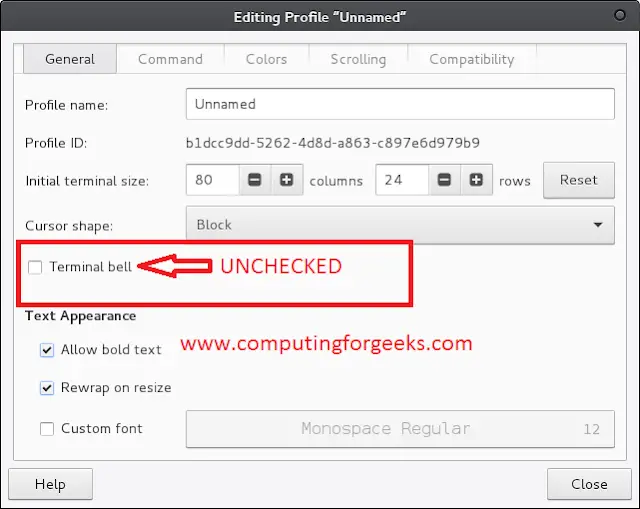The toArray() method of Bytes Class in the Guava library is used to convert the byte values, passed as the parameter to this method, into a Byte Array. These byte values are passed as a Collection to this method. This method returns a Byte array.
Syntax:
public static byte[] toArray(Collection<? extends Number> collection)
Parameters: This method accepts a mandatory parameter collection which is the collection of byte values to be converted in to a Byte array.
Return Value: This method returns a byte array containing the same values as a collection, in the same order.
Exceptions: This method throws NullPointerException if the passed collection or any of its elements is null.
Below programs illustrate the use of toArray() method:
Example 1:
// Java code to show implementation of// Guava's Bytes.toArray() method import com.google.common.primitives.Bytes;import java.util.Arrays;import java.util.List; class GFG { // Driver's code public static void main(String[] args) { // Creating a List of Bytes List<Byte> myList = Arrays.asList((byte)1, (byte)2, (byte)3, (byte)4, (byte)5); // Using Bytes.toArray() method to convert // a List or Set of Byte to an array // of Byte byte[] arr = Bytes.toArray(myList); // Displaying an array containing each // value of collection, // converted to a byte value System.out.println(Arrays.toString(arr)); }} |
[1, 2, 3, 4, 5]
Example 2:
// Java code to show implementation of// Guava's Bytes.toArray() method import com.google.common.primitives.Bytes;import java.util.Arrays;import java.util.List; class GFG { // Driver's code public static void main(String[] args) { try { // Creating a List of Bytes List<Byte> myList = Arrays.asList((byte)2, (byte)4, null); // Using Bytes.toArray() method // to convert a List or Set of Byte // to an array of Byte. // This should raise "NullPointerException" // as the collection contains // "null" as an element byte[] arr = Bytes.toArray(myList); // Displaying an array containing each // value of collection, // converted to a byte value System.out.println(Arrays.toString(arr)); } catch (Exception e) { System.out.println(e); } }} |
java.lang.NullPointerException




